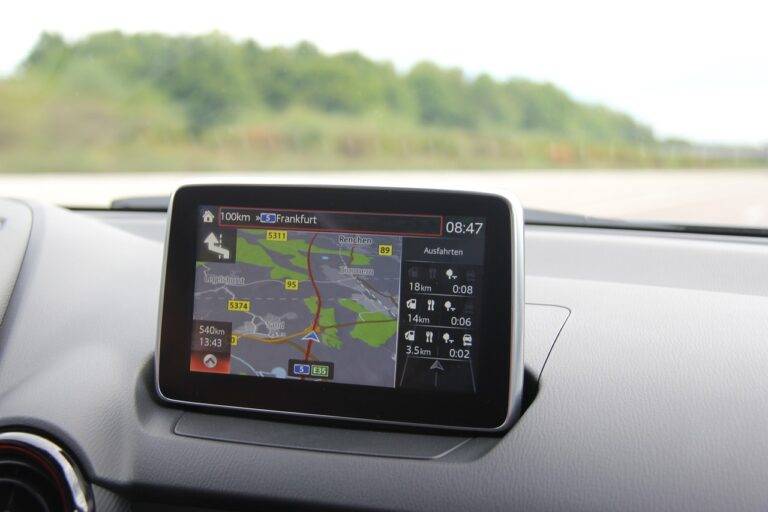The Ethics of Biometric Surveillance Technologies
Collecting personal biometric data raises complex ethical questions in today’s digital age. The collection and storage of biometric information, such as fingerprints and facial features, can significantly impact an individual’s right to privacy and autonomy. When organizations gather this sensitive data, there is the potential for misuse or unauthorized access, posing a threat to an individual’s personal security and confidentiality.
Furthermore, the use of personal biometric data for identification and surveillance purposes has the potential to infringe on civil liberties and human rights. Biometric surveillance technologies can be used to track individuals without their consent, leading to concerns about mass surveillance and the erosion of individual freedoms. It is essential for policymakers and organizations to carefully consider the ethical implications of collecting personal biometric data and establish robust safeguards to protect individuals’ rights and privacy.
Potential Risks and Harms of Biometric Surveillance Technologies
Biometric surveillance technologies pose significant risks to individuals’ privacy and security. With the ability to collect and analyze sensitive personal data such as fingerprints, facial features, and even DNA, there is a potential for this information to be misused or exploited. Unauthorized access to biometric databases could lead to identity theft, surveillance abuse, and targeted discrimination based on individuals’ unique biometric characteristics.
Moreover, the widespread adoption of biometric surveillance technologies raises concerns about mass surveillance and erosion of civil liberties. The continuous monitoring and tracking of individuals through biometric data can infringe upon their fundamental rights to privacy and autonomy. This pervasive surveillance has the potential to create a chilling effect on free expression and association, as individuals may alter their behavior out of fear of being constantly monitored and profiled.
What are some ethical considerations of collecting personal biometric data?
Some ethical considerations include concerns about privacy, consent, data security, potential misuse of data, and the potential for discrimination.
What are the potential risks and harms of biometric surveillance technologies?
Potential risks and harms include invasion of privacy, data breaches, identity theft, surveillance abuse, and the potential for profiling and discrimination.
How can individuals protect themselves from the risks associated with biometric surveillance technologies?
Individuals can protect themselves by being cautious about sharing biometric data, using secure authentication methods, regularly updating security settings, and advocating for stronger data protection laws.
Are there any regulations in place to protect individuals from the risks of biometric surveillance technologies?
Some countries have implemented data protection laws that regulate the collection, storage, and use of biometric data. However, enforcement and oversight may vary.
What can organizations do to mitigate the risks associated with biometric surveillance technologies?
Organizations can prioritize data security, ensure user consent and transparency, conduct regular audits, and implement strong encryption and authentication measures to mitigate risks.





